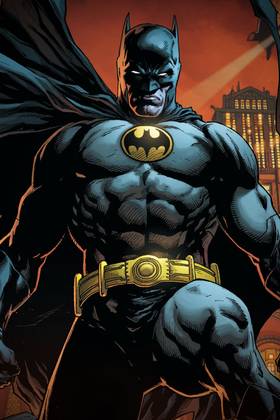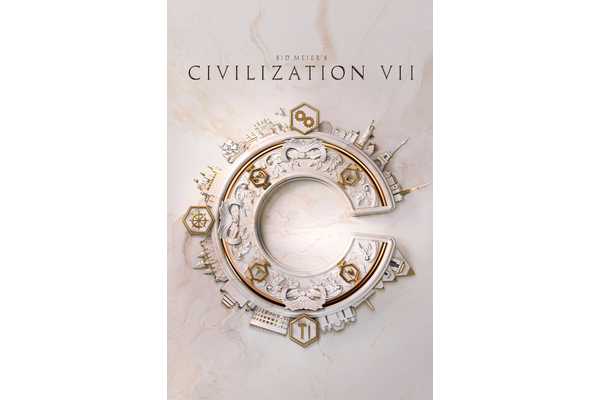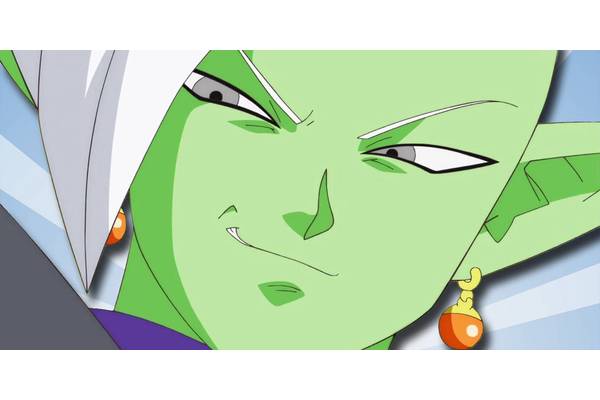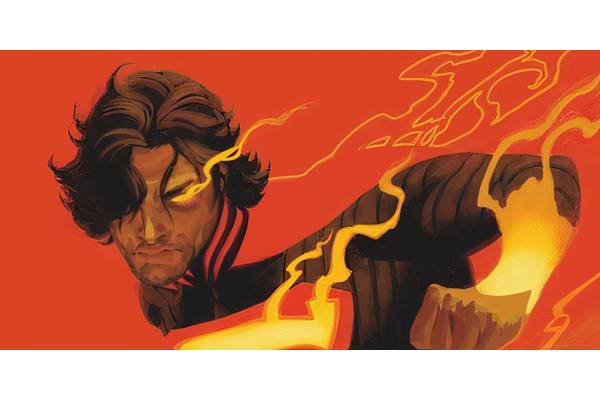Batman Is More Different Now Than Ever, And the Change Makes Bruce Wayne a Better Hero
Batman is one of the most iconic heroes in the DC Universe, but his newest portrayal uproots his traditional status quo in favor of a new one. The Absolute Universe has officially introduced its own rendition of Bruce Wayne, who lacks the classic Batman's privilege. Although he's a far cry from the original that fans know and love, the changes made to Absolute Batman's background make him a better superhero in the long run.
Absolute Batman launched in 2024 with astounding success, and writer Scott Snyder has opened up about the thought process behind the creation of his revamped Bruce Wayne in an interview with CBR. He expands upon the reason he took such a drastically different approach to the character:
It was more about how do you build a Batman from that core elemental set of values that speaks to what I'm afraid of right now? What I'm afraid of is my kids losing hope and feeling apathetic and looking at a world that's more challenging, more divided, more chaotic, more divisive, more cruel, more stratified, and being like, "I can't change any of this," or "I don't know what to do." But I don't see that in them. I see resistance, I see determination, I see hope and all these things. And so what if I make a Batman that is the sort of pinnacle of that, and doesn't have any access to anything else. They don't like billionaires nowadays.
The Absolute Universe subverts the usual conventions for Batman stories by pitting him against the system he's typically a participant in as Bruce Wayne, thereby re-imagining him as a champion for the everyday hard-working citizen. This shift in perspective, while out of the ordinary, transforms Batman into a superhero that the next generation can root for.
Absolute Batman Fights For Change Without His Usual Resources
Batman Doesn't Have His Wealth or Status in DC's Revamped Continuity
In DC's Absolute Universe, Snyder rewrites Batman's past by foregoing his millionaire status to instead depict a working-class Dark Knight. Through this change, Batman becomes a character who must struggle more than his original counterpart, and that enables him to inspire readers in a whole new way. Snyder explains:
How do you show that one person who has very little can change everything? And it's the opposite lesson, I think, of the main universe Batman, where both characters are equally inspiring, but Bruce Wayne, in the main universe, has the ability he's born with; the sense of "I can change whatever I want, because I have the resources and power. What do I do with this?" This Bruce doesn't have any of that. And so he's angrier and more teenage in that way of being. Like, "I don't care what you say, I'm still going to do it. I'm still going to change it." And his arc over the first season is really learning how the Batman needs to be something larger than himself if it's going to affect the kind of system.
Snyder presents a Batman who is frustrated with the systems in place around him, much like today's younger demographic. Unlike most takes on Bruce Wayne, he is a construction worker who doesn't have wealth to fall back on. In the Absolute continuity, Absolute Batman's background makes him an everyday Gotham citizen - yet he still takes action.
This revamped Batman doesn't share the financial and social power of the original, so he combats the criminal element of Gotham through innovative methods. For instance, since he can't rely on WayneTech or Lucius Fox to provide him with handy devices to aid him in combat, he scraps together gadgets with the limited resources he does have at his disposal. Batman doesn't need money to make a difference, as conveyed by his determination in the face of insurmountable odds, and this quality proves that he's a necessary role model for kids today who aren't sure they can have an impact.
The Original Batman's Millionaire Status Is An Outdated Depiction of a Superhero
While Fans Still Love Bruce Wayne, It's Hard to Deny His Glaring Flaws
The main Batman isn't bad by any stretch of the imagination, though his core concept may not be as appealing to audiences as they were at the time of his creation back in 1939. As the son of Martha and Thomas Wayne and the heir to a hefty family fortune, Bruce grew up in the lap of luxury and therefore has inherent advantages that others do not. Batman's money gives him access to endless resources, from Wayne Manor to the gadgets he utilizes in battle to defeat foes.
It's time to accept that modern readers are more receptive to a Batman who challenges those in power than a Batman who was born into a position of power.
As famous as Batman has become over the years, Snyder suggests that audiences nowadays might not relate to him, preferring a superhero who isn't among the millionaires they show disdain for. It's time to accept that modern readers are more receptive to a Batman who challenges those in power than a Batman who was born into a position of power. There's no harm in enjoying the DC Universe's classic Batman - he's a famous figure in pop culture for good reason, after all - but there's no denying that he doesn't fit the current ideological movement. Snyder's Batman, however, improves upon his foundation by avoiding that shortcoming.
Absolute Batman's Version of Joker Marks His Biggest Lore Change Yet
The Absolute Universe's Joker Swaps Roles With Bruce Wayne
With Batman in a less privileged position in the Absolute Universe, his villains have been given the privilege he no longer has access to in a surprising twist. At the end of Absolute Batman #1, readers are introduced to this timeline's Joker, who appears as an evil reflection of Bruce Wayne. When discussing the dichotomy between this Batman and Joker, Snyder says:
So what if, instead of being part of that system, he is up against all of it in some way, and you put Joker at the other end of that spectrum? You'll learn more about the Joker in coming issues, even as he sort of haunts the series for the first year, until he kind of comes in late, and he has all of these things. He's kind of a country into himself of resources.
The Joker in DC's new continuity is a billionaire who travels the world and possesses a surplus of money and influence. If this formula sounds familiar, that's because it's a mirror of Bruce Wayne's initial journey in the primary universe.
The original Joker was created by Bill Finger, Bob Kane, and Jerry Robinson.
A working-class Batman will face off against an upper-class Joker in Snyder and Dragotta's story, switching up their standard dynamic to further the narrative's message. Joker serves as the embodiment of corrupt oligarchs who use their resources to exert their dominance over the less fortunate, while Batman represents those who wish to take a stand against people like him - in both his world and ours. As Snyder says, this affluent Joker has enough resources to easily squander any attempts to take him down, yet Batman will fight the good fight nonetheless.
The Absolute Universe Redefines Classic Heroes For The Next Generation
Batman Isn't The Only DC Superhero Getting A Radical Makeover
The critical distinction that separates Batman and his fellow Absolute heroes from their counterparts is their underdog status. In the wake of Darkseid's death, he has spawned a new world where the heroes who have historically overpowered him lack their critical advantages. For instance, Superman loses his Smallville upbringing and connection to Earth culture, whereas Wonder Woman no longer grows up surrounded by fellow Amazons in Themyscira. With that being said, the advantages they've been deprived of do not hinder their heroism. Instead, Batman and the others inspire more hope in audiences than ever before.
Batman's absence of wealth puts him in a position to fight for those who have endured the struggles he has, challenging oppressors rather than walking among them. The same can be said for this continuity's Superman and Wonder Woman, who have each endured their own share of suffering and have thus developed empathy for people in their position as a result. The original versions of these beloved Trinity heroes remain intact for fans of their traditional values, but newer readers who yearn for more radical change can see that same hunger reflected in the Absolute Universe's refreshing take on Batman.
Absolute Batman #1-4 are available now from DC Comics!
Source: CBR

- Created By
- Bob Kane, Bill Finger
- First Appearance
- Detective Comics
- Alias
- Bruce Wayne
- Alliance
- Justice League, Outsiders, Batman Family
- Race
- Human
- Franchise
- D.C.










